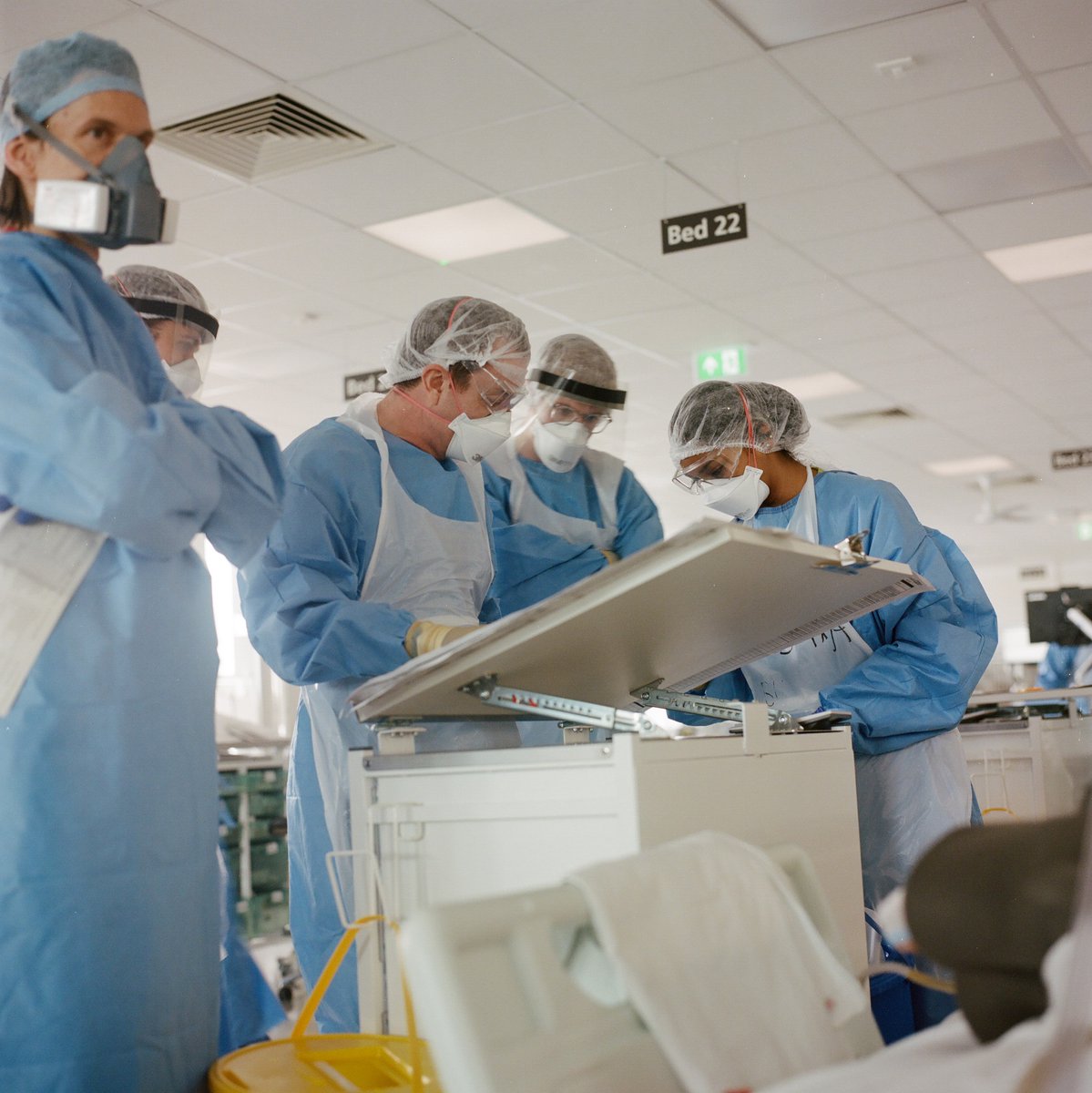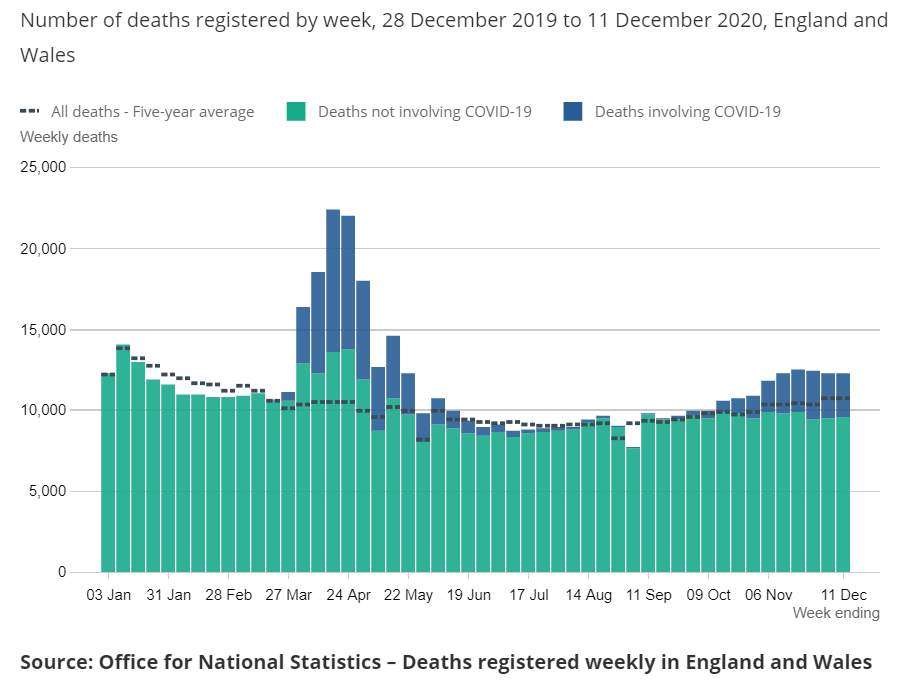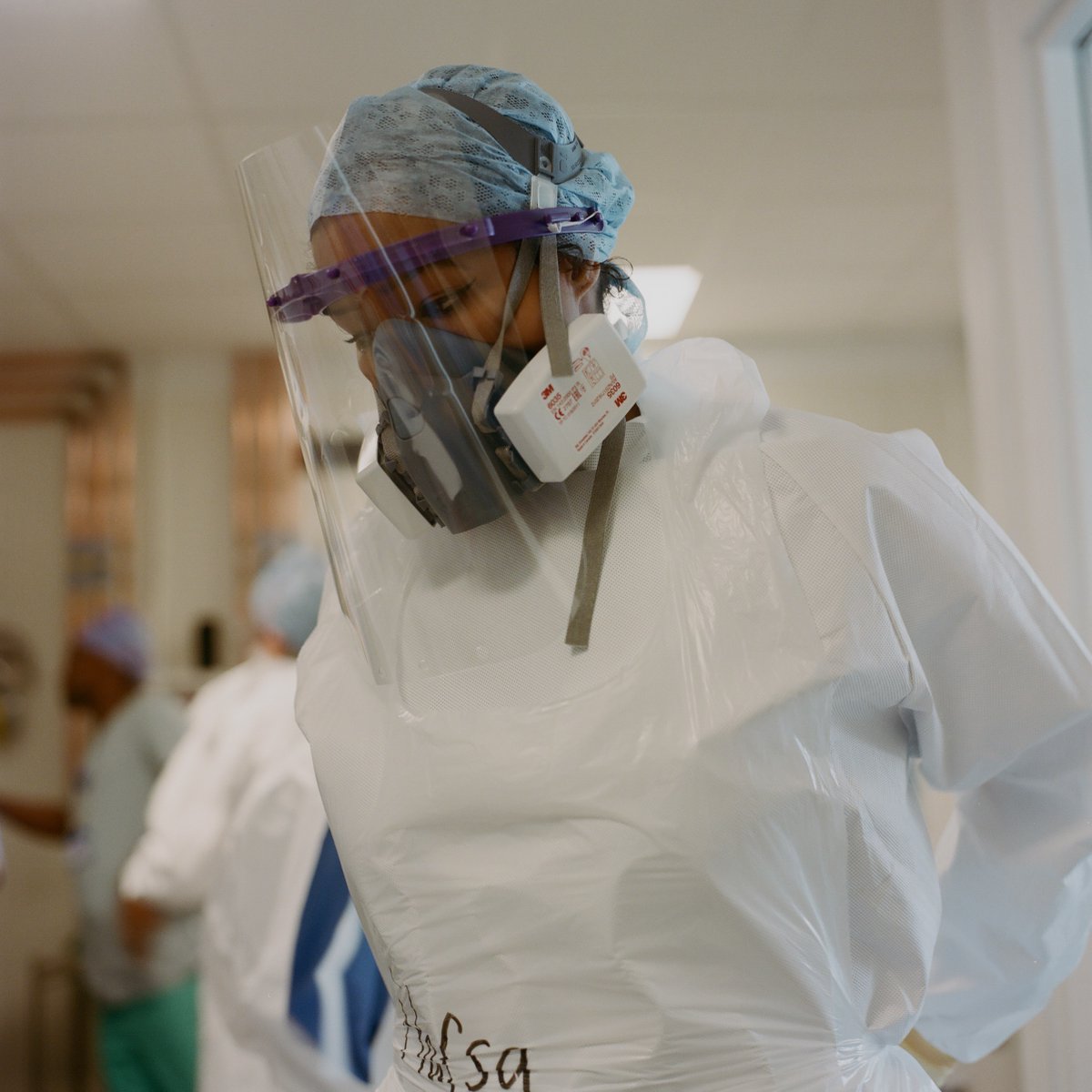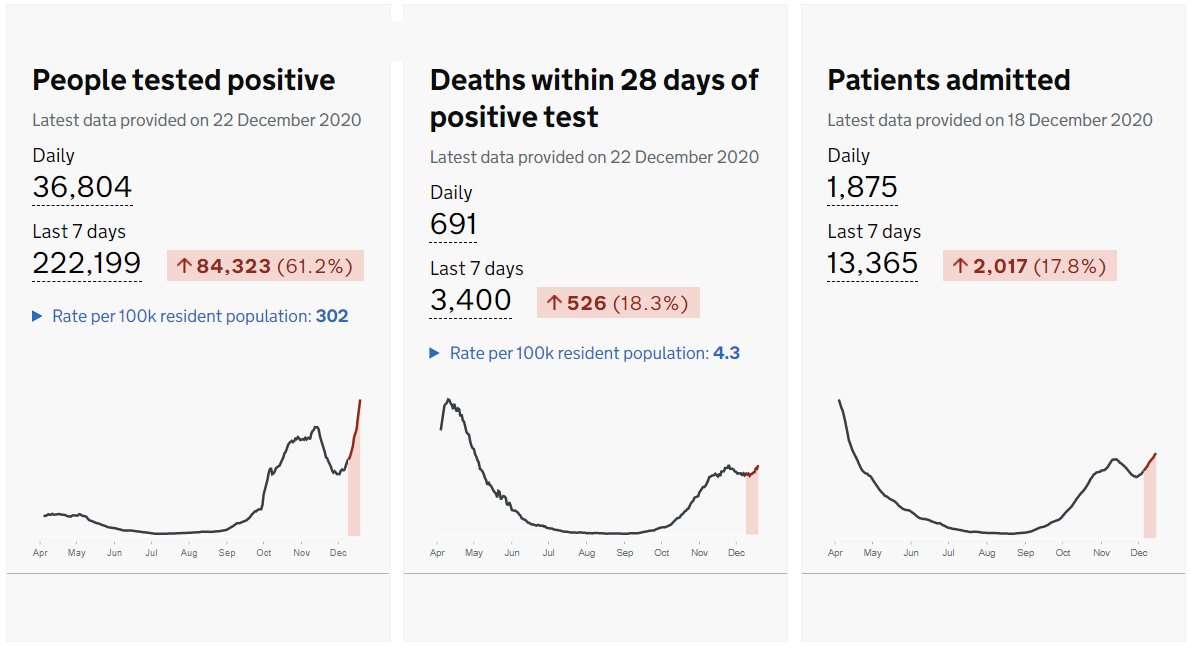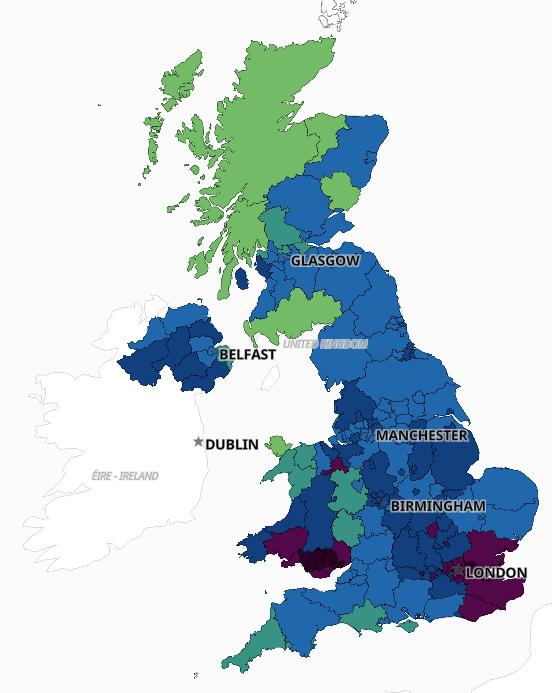
Recent trial results show some promise for Tocilizumab in the treatment of severe COVID-19. Welcome news at a difficult time and excellent work from @remap_cap & @NIHRresearch. But the results raise some difficult issues for doctors treating patients. 1/9
https://twitter.com/NIHRresearch/status/1347221239446831106?s=20
To recap, Tociluzimab is normally used to treat inflammatory arthritis and other immune disorders. The drug suppresses the systemic (whole-body) inflammation (AKA 'cytokine storm') and may reduce the harm of COVID-19 especially for critically ill patients. 2/9
Scientists from @The_MRC population health sciences unit combined data (meta-analysis) from 2107 patients in six trials including @remap_cap. The results suggest a small reduction in 28-day mortality. But most of the benefit was from REMAP-CAP. The results are not clear cut. 3/9 

Trials in critically ill patients are hard to do and @remap_cap includes only 353 patients. But the much larger RECOVERY trial has >3000 patients in the tocilizumab arm and is still recruiting. RECOVERY data will be very important in deciding the overall value of tocilizumab. 4/9
We can compare the designs of these trials but for my money, the trial populations are pretty similar. The big difference is @remap_cap uses a different type of statistics (Bayesian) to the others and this may alter how strict we are in deciding whether the drug works. 5/9
Clearly, we must review all the trial data together. We cannot simply pick and choose the trial we like best. Happily, the RECOVERY trial will probably be completed in only a few weeks. But what should doctors do while we wait for the RECOVERY results…? 6/9
….should doctors enrol patients in the RECOVERY trial so we get those results sooner, or should we give our patients tocilizumab now based the results of just one trial of 353 patients. The situation creates a moral dilemma for doctors on the frontline. 7/9
Some important lessons here for researchers in how they work together to publish trial findings. Meanwhile we must wait 2-3 weeks for @NICEComms to guide us. The best solution is probably to recruit to the RECOVERY trial where we can and whenever our patients agree. 8/9
Most importantly, tocilizumab is NOT a cure for COVID-19 although it may help. but this benefit needs to outweigh any harm from the drug. We are worried that immunosuppression may lead to other infections. Only with the RECOVERY trial results will we finally know for sure. 9/9 

• • •
Missing some Tweet in this thread? You can try to
force a refresh







